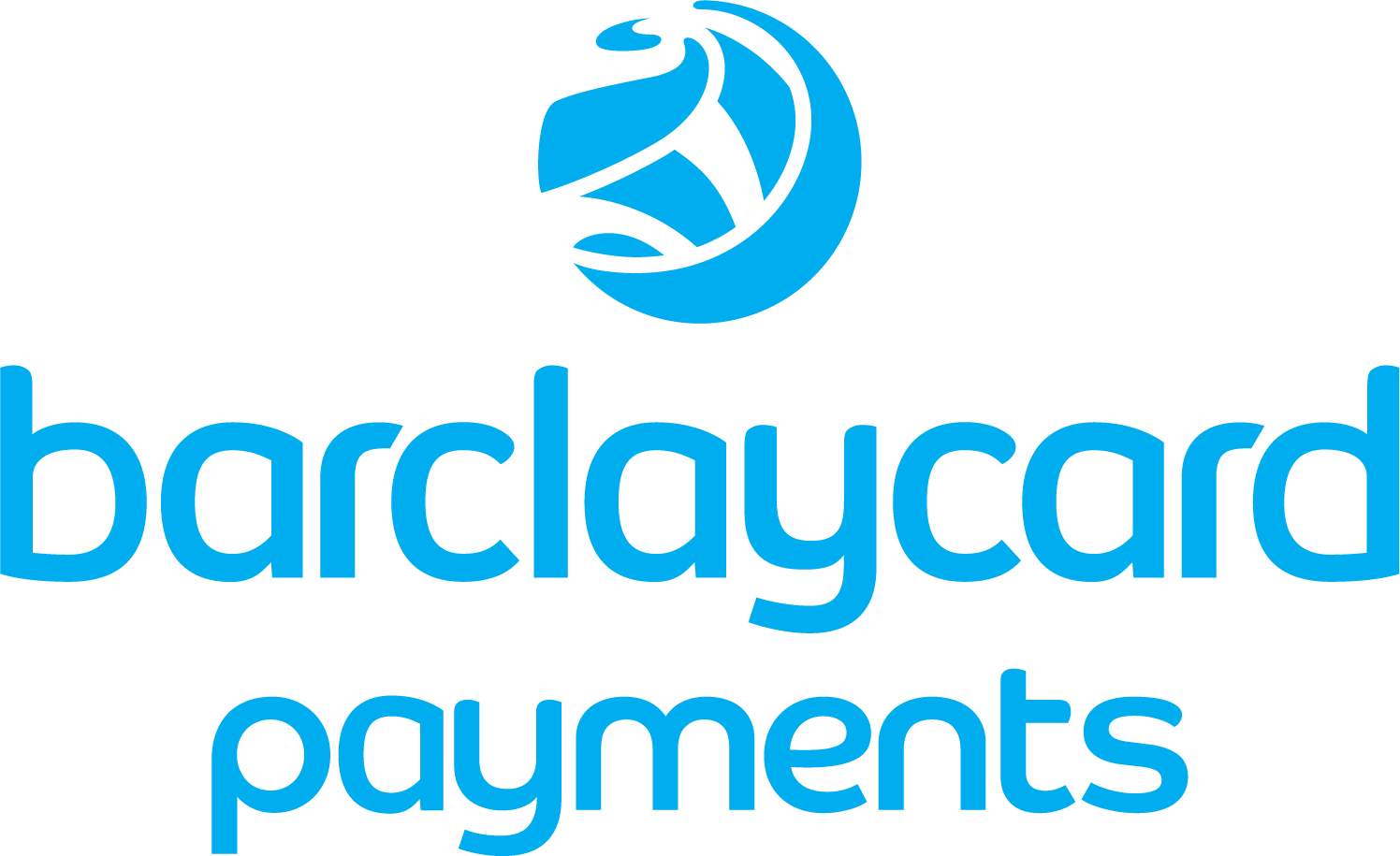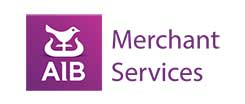- Accept card payments – lowest rates from 0.27%
- Keep your card processing fees to a minimum
- Direct access to the UK’s leading card processing banks
- We ensure your rates always remain competitive
No spam emails or calls
Choose from the payment methods then click Next
What's your turnover each month?
Enter the name of your company
Enter your company's postcode and contact number






Top UK Merchant Accounts for Small Businesses: A Comprehensive Guide
In today’s rapidly evolving business environment, companies of all sizes must adapt to new technologies and streamlined financial systems. At the heart of this revolution lie uk merchant accounts, which provide the critical link between businesses and their customers’ funds. For enterprises seeking to accept card payments in a secure and efficient manner, understanding the full spectrum of payment solutions is essential. In this article, we will explore everything from the basics of merchant accounts to the intricacies of payment processing, all while ensuring that modern payment solutions keep pace with evolving consumer demands.

A New Era for Business Bank Accounts
The concept of a merchant account has long been a cornerstone of financial transactions. Unlike a standard bank account, a merchant account is specifically designed to process credit card payments and other types of card payments. In today’s competitive marketplace, businesses must not only accept card payments swiftly but also ensure that the entire payment process—from online payments to in-store transactions—is as seamless as possible.
Every business, whether a retail business with a physical presence or a company that relies exclusively on online payments, needs to integrate both a business bank account and a merchant account. While the business bank account serves as the central repository for funds, the merchant account works in tandem with financial partners to process every card transaction. This dual structure allows companies to manage their finances while continuing to offer flexible payment options that meet the needs of modern consumers.
To successfully navigate this landscape, companies often need to get a merchant account from a trusted merchant account provider. Leading merchant account providers offer an array of merchant accounts that not only facilitate the acceptance of credit cards but also include additional features such as online payment solutions and value added services. For businesses aiming to build a robust payment system, partnering with a provider that specialises in merchant account work is critical.


Accept Card Payments
Advancements in technology have reshaped the way companies process payments, making it easier than ever to accept card payments and process card transactions. Modern systems now integrate a payment gateway that acts as a secure digital cash register, ensuring that sensitive information is encrypted before it moves from the customer’s bank to the acquiring bank. In many cases, this secure transfer is facilitated by a dedicated payment processor that guarantees all funds are transferred quickly and safely.
The role of the acquiring bank cannot be understated in this ecosystem. The acquiring bank works closely with both the merchant account provider and the payment processor to authorise each transaction, making sure that the customer’s bank and the customer’s account details are fully verified before funds are transferred. This triad of relationships—between the acquiring bank, the merchant account provider, and the payment processor—ensures that every credit card transaction and debit card payment is handled with maximum security.
For businesses that operate both in-person and online, integrating online payments is a key element of staying competitive. Online payment gateways and virtual terminals work together to allow companies to accept payments online in a secure and efficient manner. Whether customers use a credit or debit card, the combination of advanced online payment gateway technology and robust processing systems ensures that every transaction is smooth. Additionally, many modern payment processors work with alternative payment methods, offering customers flexible payment options beyond traditional card payments.
Simplifying the Payment Process
Managing the complexities of payment processing can be challenging, especially for small businesses that are just starting out. To help these companies get a merchant account and build an efficient payment system, many merchant account providers offer dedicated support and comprehensive payment processing. Such services can reduce the learning curve associated with complex payment systems, enabling businesses to process payments confidently from day one.
One key aspect of modern payment processing is the use of card machines and card readers. These devices have evolved considerably from their early incarnations and now include mobile card machines and mobile card readers that allow businesses to accept card payments anywhere. Whether a company is operating a traditional point of sale or simply using a mobile card reader to process transactions at an off-site event, these devices are designed to work seamlessly with the business bank and merchant account. For many companies, being able to process transactions on the go is essential to keeping pace with customer expectations.
In addition to physical card machines, virtual terminals have become an indispensable tool for processing transactions. A virtual terminal allows a company to process payments without the need for a physical device, making it particularly useful for handling phone orders or accepting payments through payment links. With the added convenience of virtual terminals, businesses can ensure that they are equipped to accept payments online and through alternative payment methods, all while keeping monthly fees and processing fees in check.
Navigating Fees and Costs
While modern payment solutions offer numerous benefits, businesses must also carefully consider the associated costs. One of the most critical aspects is understanding and managing transaction fees. Transaction fees are levied on every transaction, whether it is a credit card payment or a debit card payment, and can have a significant impact on the bottom line. For companies looking to secure low transaction fees without compromising on service quality, comparing offers from various merchant account providers is essential.
Alongside transaction fees, processing fees are also a regular part of doing business. Many providers charge monthly fees that cover the maintenance of the merchant account and related services. While monthly fees can vary widely, it is important for companies to account for both the bank account and merchant account expenses when planning their budgets. In some instances, hidden fees may also come into play. Hidden fees can include expensive transaction fees that are not immediately apparent, and a careful review of the account fees and pricing structures is necessary to avoid surprises.
For businesses that process a high volume of transactions, securing a dedicated merchant account with a competitive fee structure is critical. A dedicated merchant account can help streamline the payment process while ensuring that each transaction—whether it is processed through a physical card machine or via online payments—meets the highest standards of security and efficiency. In many cases, leading merchant account providers offer value added services that include detailed analytics and customised reporting, helping businesses better understand their average transaction value and overall transaction costs.
Embracing Flexibility and Innovation
As consumer behaviour shifts and technology continues to advance, companies must be ready to adapt to new payment methods. Modern consumers expect a wide range of payment methods, and the ability to offer flexible payment options is key to remaining competitive. By integrating various payment solutions, businesses can ensure that customers pay in the manner that is most convenient for them—whether through credit card payments, debit card payments, or alternative payment methods.
For instance, many online payment solutions now support recurring payments, allowing companies to automatically process subscriptions or regular billing cycles. In these scenarios, payment links and virtual terminals become invaluable, providing a seamless way to accept payments online without manual intervention. This is particularly important for small businesses that rely on recurring payments as a steady source of income.
Another area of innovation is mobile payment technology. With the increasing popularity of mobile card readers and mobile card machines, even companies on the move can now accept payments online and in person. These devices are engineered to work with modern payment gateways and ensure that every card is processed accurately. For many retail businesses, the integration of mobile card readers has become synonymous with convenience and modernity. Whether a customer is paying via a card machine at the point of sale or using a mobile card reader at a pop-up event, the ease with which businesses can accept payments is a significant competitive advantage.
Building a Robust Payment Ecosystem
The key to long-term success in today’s marketplace is building a robust payment ecosystem that integrates all aspects of financial processing. This ecosystem must link together the business bank account, merchant account, payment gateway, and acquiring bank into a cohesive system. By working with a reliable payment processor and trusted merchant account provider, businesses can ensure that each component functions in harmony. When every element—from online payment gateway to virtual terminal—is aligned, companies can confidently process payments without disruption.
A strong payment ecosystem also means that companies are well-prepared to handle the challenges associated with high risk merchant account scenarios. For instance, businesses that operate in industries with complex regulatory environments may face additional scrutiny and higher transaction fees. In these cases, working with a specialised payment facilitator or a dedicated merchant account provider that understands the nuances of high risk merchant accounts is critical. Such providers not only offer merchant account services tailored to these needs but also help businesses navigate the regulatory landscape while ensuring that every transaction is secure and compliant.
Transparency is another cornerstone of an effective payment ecosystem. When businesses can clearly see the structure of their monthly fees, processing fees, and transaction fees, they are better equipped to manage their overall expenses. Whether it is a matter of reconciling the costs of processing payments or understanding the role of processing fees in each payment, having detailed analytics helps businesses optimise their financial operations. In this way, companies can mitigate the impact of expensive transaction fees while leveraging low transaction fees wherever possible.
The Road Ahead: Future Trends and Continuous Improvement
Looking to the future, it is clear that the landscape of payment processing will continue to evolve. Technological innovations promise to further simplify the way businesses accept payments, offering ever more flexible payment options and enhanced security measures. For example, the next generation of online payment gateways and mobile card readers is expected to reduce processing fees even further while improving the overall speed and reliability of transactions.
In addition, emerging trends such as the integration of artificial intelligence into payment processing systems are poised to revolutionise how companies manage transactions. AI-driven analytics can help businesses better understand their average transaction value, monitor transaction funds, and identify opportunities to reduce processing fees. Furthermore, as credit card companies and credit card issuers continue to update their protocols, businesses will benefit from faster, more secure payment processing solutions.
The future of merchant account work also includes the expansion of value added services. These services are designed to provide additional benefits—such as enhanced fraud detection, customisable reporting, and detailed insights into transaction costs—that go beyond the basics of processing payments. By leveraging these value added services, companies can ensure that every credit cards, debit cards, and card transaction is managed efficiently and transparently. This holistic approach not only improves operational efficiency but also builds trust with customers, ensuring that every time customers pay, their transactions are handled with the utmost care.
In summary, the modern payment landscape in the United Kingdom is both complex and exciting. For businesses aiming to accept payments online and in-person, the importance of a well-integrated payment ecosystem cannot be overstated. Whether you are looking to get a merchant account quickly or planning to open a merchant account after a thorough evaluation of options, the right merchant account provider can make all the difference. By offering a full suite of merchant account services—from the initial setup of a dedicated merchant account to the ongoing management of monthly fees, processing fees, and transaction fees—leading merchant account providers empower businesses to embrace flexible payment options and alternative payment methods.
Throughout this journey, every element of the payment system plays a vital role. The business bank account serves as the central hub for funds, while the merchant account handles the intricate process of moving money from the customer’s bank to the business account. The payment gateway and online payment gateway ensure that transactions remain secure, and the acquiring bank and merchant acquirer work behind the scenes to authorise every payment. Meanwhile, physical devices such as card machines, card readers, and mobile card readers complement digital tools like virtual terminals and payment links, ensuring that companies can accept card payments and process payments in any setting.
Moreover, the integration of advanced payment processing services means that businesses can focus on growth rather than getting bogged down by technical details. With competitive transaction fees, low transaction fees when negotiated, and transparent account fees, companies have more control over their financial operations. By leveraging innovative payment solutions and continuously optimising their systems, businesses are better equipped to handle both routine and complex card transactions, whether it is a standard credit card transaction or a challenging high risk merchant account scenario.
Ultimately, the road ahead promises further innovation. With emerging online payment solutions and enhanced mobile card machines on the horizon, companies will continue to refine their payment processing, reducing hidden fees and streamlining recurring payments. As the market continues to evolve, it is essential that businesses remain agile and embrace new payment services and payment facilitators that can drive efficiency while protecting the interests of both the company and its customers.
By focusing on these elements and working with reputable, forward-thinking merchant account providers, modern companies can build a payment ecosystem that is both secure and adaptable. Every credit card, every debit card, every payment method—each plays an integral part in this ecosystem, ensuring that when customers pay, they do so with confidence and ease.
The integration of a robust business bank, a dedicated merchant account, and a state-of-the-art payment gateway creates a powerful combination that drives growth. As businesses continue to evolve, the importance of accepting payments online, using flexible payment options, and managing transaction fees will only grow. With this comprehensive approach to payment processing, companies are not only prepared to face today’s challenges but are also well positioned to capitalise on the innovations of tomorrow.
In conclusion, whether you need to get a merchant account to start accepting cards or wish to upgrade your existing system, remember that success in modern commerce hinges on an integrated, transparent, and adaptable approach. With the right tools and partners—from the business bank and merchant account provider to the payment processor and acquiring bank—your payment solutions can lead the way into a future defined by secure, efficient, and innovative transactions.